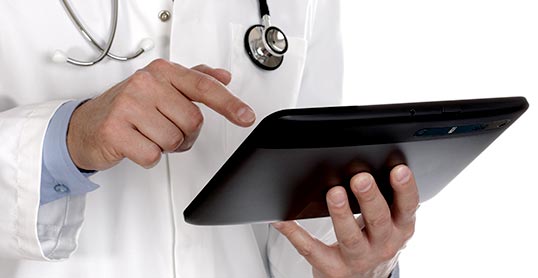It can be an additional $64M issue: Is Espresso Great or Undesirable for Our Cholesterol Levels?
The Statements: Some say that espresso is lousy for our health because it can supposedly direct to heart conditions and hypertension. Espresso, for them, is an unhealthy dependancy. Other individuals nonetheless are adamant about the health added benefits of espresso. For them, espresso saves the day because it supposedly lowers cholesterol amounts in our bodies.
The Reality about Espresso and Cholesterol
Never intellect about the lousy things pertaining to espresso. Enough has been published about it correct now, let us focus on the controversial hyperlink involving espresso and cholesterol.
Why We Must Fret About Our Cholesterol Levels
Cholesterol amounts have a substantial impression on our health, and much more especially, on our hearts. Substantial cholesterol amounts make us raising susceptible to acquiring a heart attack. And none of us, undoubtedly, would want to suffer a heart attack because it can normally direct to lifetime threatening outcomes.
When the cholesterol level in our entire body turns into greater than regular, it slows down the stream of blood to and from our heart. Even worse, it can even wholly block blood stream – which is of class disastrous for us. Blood is made up of oxygen and when our heart doesn’t receive sufficient of this, we expertise upper body spasms and find it difficult to breathe. If the blockage proceeds, we get a heart attack. If the attack is not presented medical awareness, we die.
The Espresso Level of competition
Filtered vs. Unfiltered
In 2001, Dr. Michael J. Klag and his colleagues reviewed quite a few scientific studies that tackled the hyperlink involving espresso drinking and raising cholesterol amounts. They have discovered that people who buyer close to 6 cups of espresso per day are much more susceptible to acquiring greater cholesterol amounts and LDL – the evil twin of the two forms of cholesterols. Just about all the scientific studies have pinpointed the blame to unfiltered espresso.
Klag claimed that the boost of cholesterol amounts is largely due to terpenes, an component found in espresso. The amount of terpenes nonetheless is considerably lowered in unfiltered espresso.
Caffeinated vs. Decaffeinated
One particular can pick to seem at this with an additional standpoint. Which of the two – caffeinated and decaffeinated – has an undesirable outcome on cholesterol amounts?
A new examine introduced in the 2005 American Heart Associations’ Scientific Classes has unveiled that folks drinking decaffeinated espresso are characterized by the adhering to:
Increase in Fatty Acids – Fatty acids can boost the generation of LDL
Increase in ApoB – This is the only protein that is connected with LDL
Increase in NEFA – A different component that can also indirectly direct to greater generation of LDL
Even more scientific studies nonetheless have manufactured mixed effects as regard to folks drinking decaffeinated espresso.
HDL2 – the greater twin of the two forms of cholesterols – of obese decaffeinated espresso drinkers has greater though the reverse takes place for drinkers who have regular weights.
THE VERDICT
When it comes to espresso and cholesterol, folks appear to be to be asking the completely wrong concerns: to drink or not to drink, which is the great espresso for all…As the scientific studies have demonstrated, distinctive forms of people have distinctive responses in the direction of distinctive forms of espresso. What may possibly be great for you and decreased your cholesterol level may possibly have the reverse outcome for any person else.
Secondly, the boost and lessen of cholesterol amounts can not be solely attributed to the sort of espresso a person beverages cholesterol amounts, relatively, are affected by the type of way of life we have: what sort of meals we try to eat, irrespective of whether we smoke or not, and so forth.
Last of all, you can find very little completely wrong about drinking espresso, filtered or unfiltered, caffeinated or decaffeinated, just as extended as we do it in moderation!
By Dr. Michael Lee

